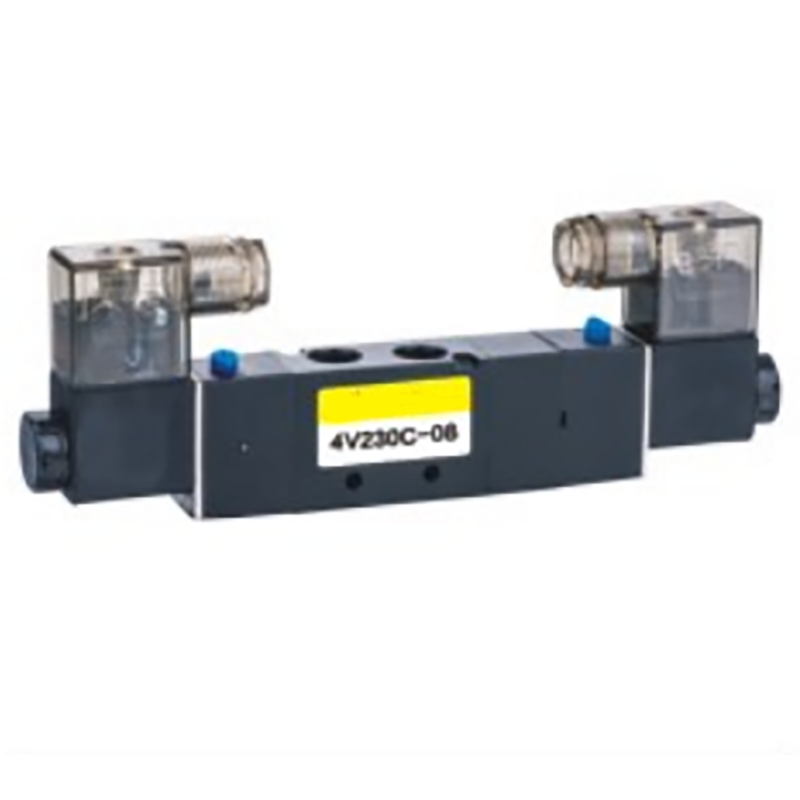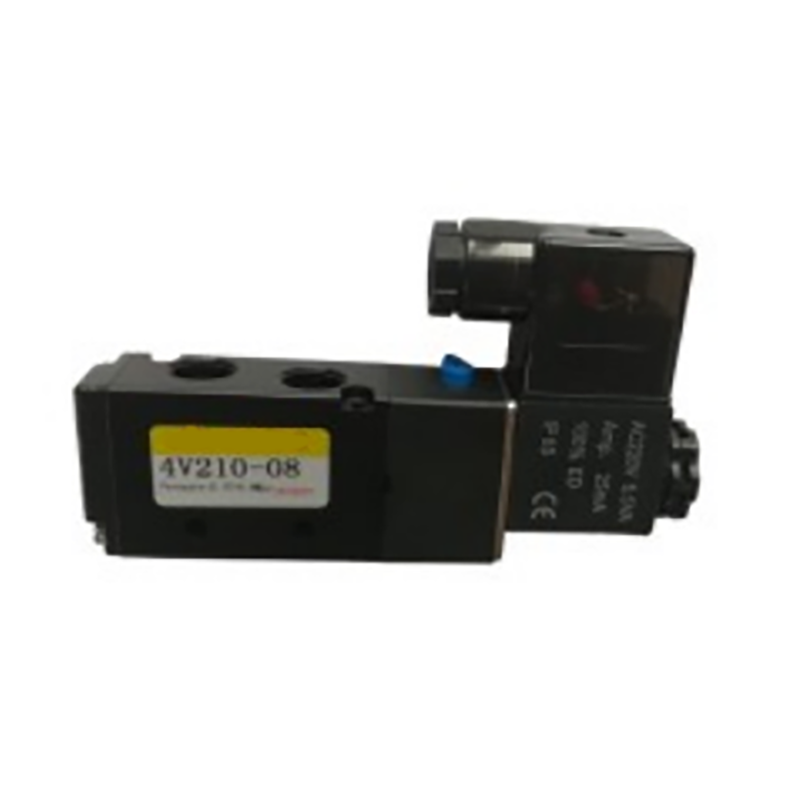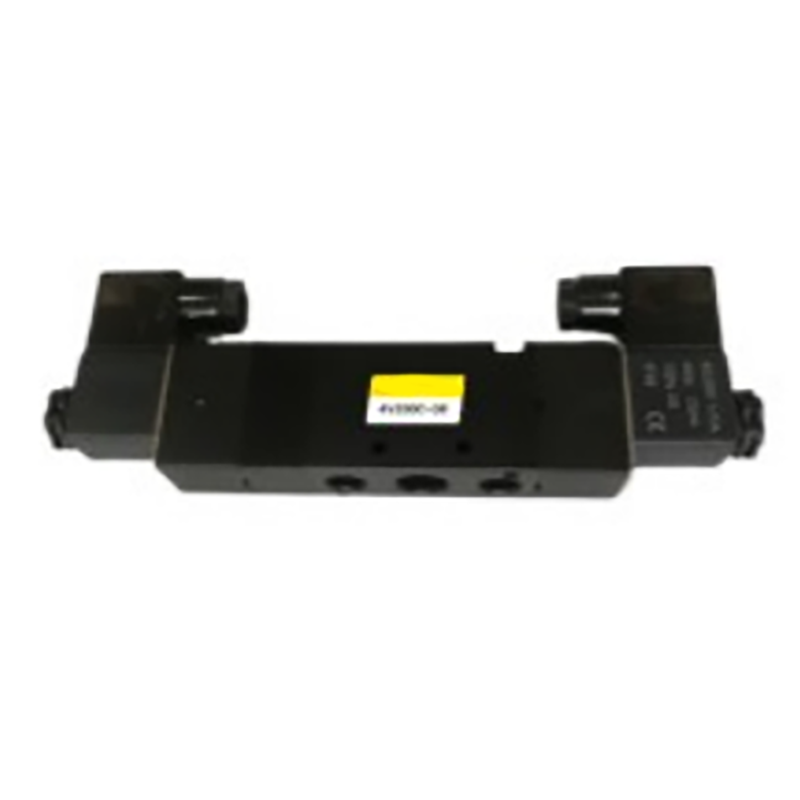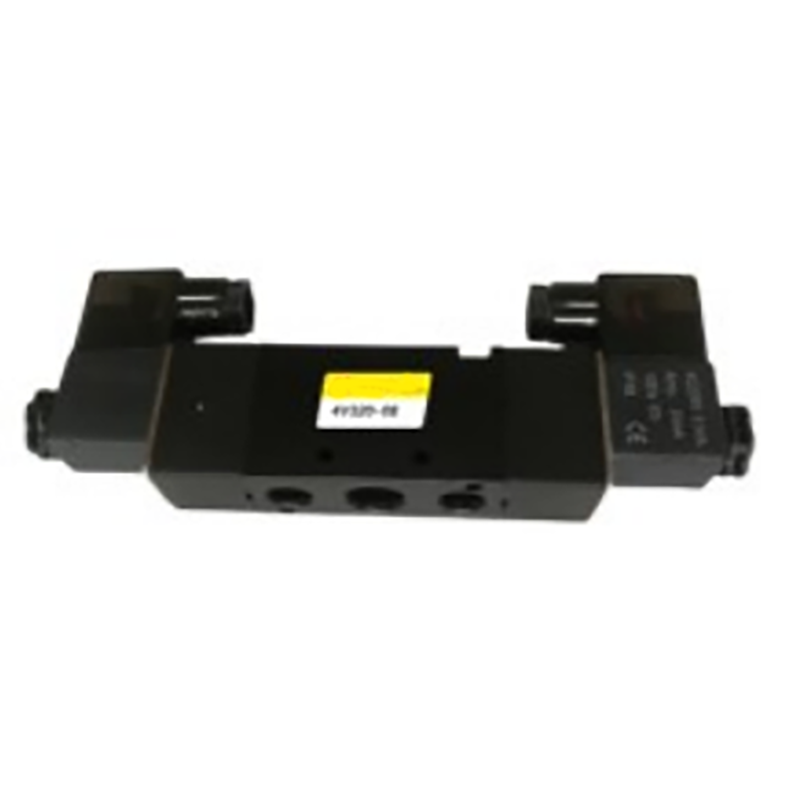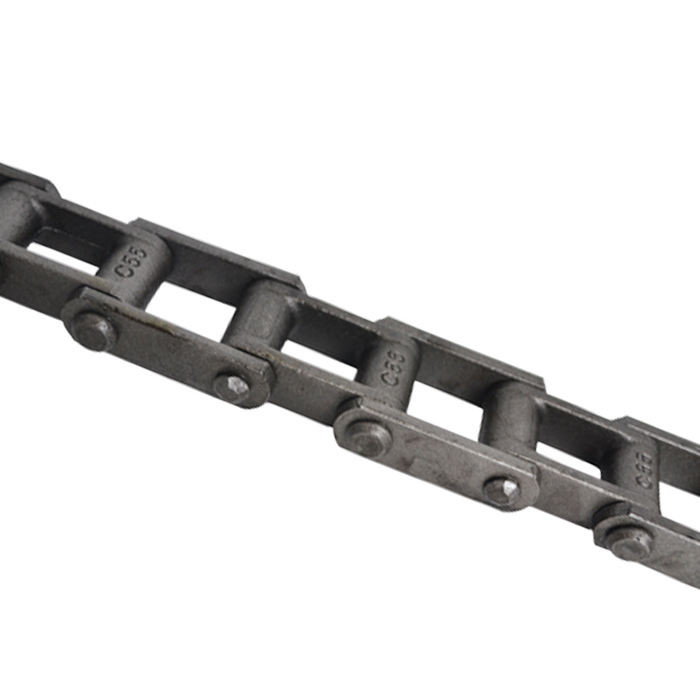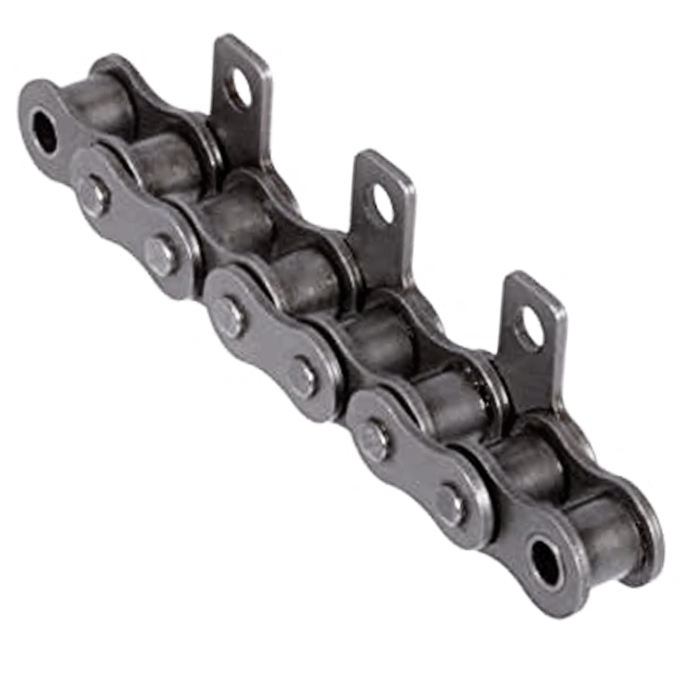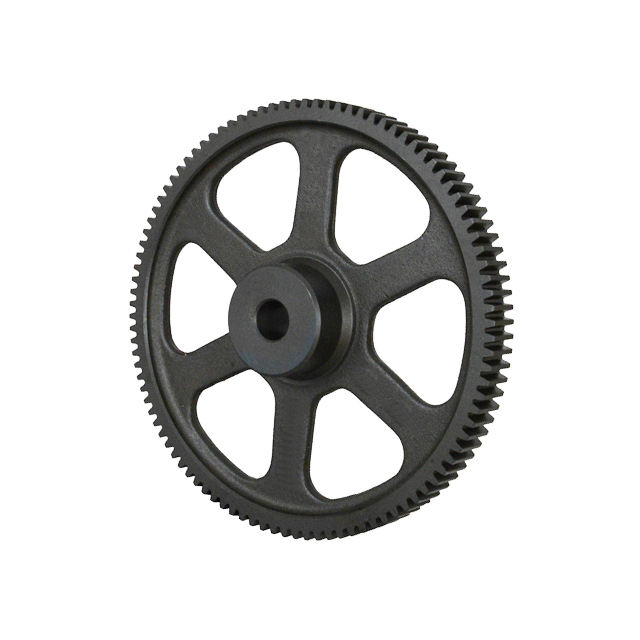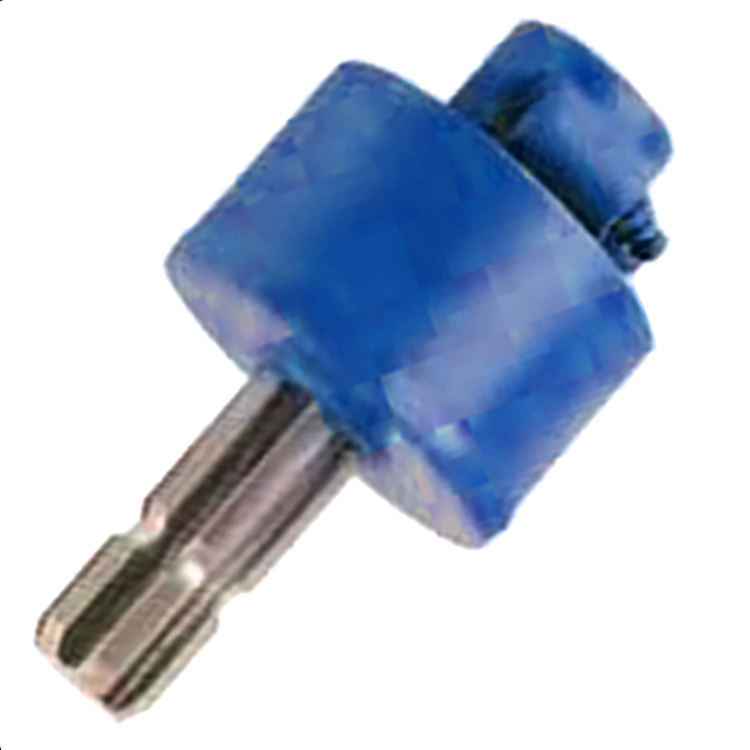What Are Specialty Sprockets?
Specialty sprockets are precision-engineered components designed for specific industrial applications, offering superior performance, durability, and customization. Unlike standard sprockets, they are tailored to meet unique requirements in various sectors such as manufacturing, agriculture, automotive, and robotics. These sprockets ensure efficient power transmission, reduced wear, and enhanced operational reliability in demanding environments.
Key Features of Our Specialty Sprockets
- High-strength materials including hardened steel, stainless steel, and composite alloys for exceptional durability.
- Precision machining with tight tolerances (up to ±0.001 inches) for smooth operation and minimal backlash.
- Custom tooth profiles optimized for specific chain types, reducing noise and increasing efficiency.
- Corrosion-resistant coatings and treatments for use in harsh conditions, such as saltwater or chemical exposure.
- Heat treatment processes like carburizing or nitriding to enhance surface hardness and wear resistance.
- Lightweight designs for applications requiring reduced inertia, such as high-speed machinery.
- Compatibility with various chain sizes and types, including ANSI, ISO, and custom specifications.
- Easy integration with existing systems through customizable bore sizes, keyways, and mounting options.
Product Parameters and Specifications
Our specialty sprockets come in a wide range of sizes and configurations. Below is a detailed table outlining key parameters for our popular models.
| Model Number |
Material |
Number of Teeth |
Bore Diameter (inches) |
Pitch (inches) |
Max Load Capacity (lbs) |
Weight (lbs) |
Application |
| SS-102 |
Hardened Steel |
12 |
0.75 |
0.5 |
500 |
0.8 |
Conveyor Systems |
| SS-205 |
Stainless Steel |
24 |
1.25 |
0.625 |
1200 |
2.5 |
Agricultural Machinery |
| SS-308 |
Composite Alloy |
36 |
2.0 |
0.75 |
2500 |
4.2 |
Heavy-Duty Industrial |
| SS-410 |
Hardened Steel with Coating |
18 |
1.0 |
0.5 |
800 |
1.5 |
Robotics and Automation |
Applications of Specialty Sprockets
Specialty sprockets are utilized across diverse industries due to their adaptability and performance. Common applications include:
- Manufacturing: Driving conveyor belts, assembly lines, and packaging equipment with high precision.
- Agriculture: Powering tractors, harvesters, and irrigation systems under tough environmental conditions.
- Automotive: Used in timing systems, transmission components, and powertrain assemblies for reliability.
- Robotics: Enabling precise movement in robotic arms, drones, and automated guided vehicles (AGVs).
- Mining and Construction: Handling heavy loads in excavators, crushers, and drilling rigs with enhanced durability.
FAQs About Specialty Sprockets
What materials are used in specialty sprockets, and how do they affect performance?
Specialty sprockets are crafted from materials like hardened steel, stainless steel, and composite alloys. Hardened steel offers high strength and wear resistance, ideal for heavy-duty applications. Stainless steel provides excellent corrosion resistance, suitable for wet or corrosive environments. Composite alloys reduce weight and inertia, benefiting high-speed operations. Material choice directly impacts longevity, efficiency, and suitability for specific conditions.
How do I determine the correct sprocket size for my application?
To select the right sprocket size, consider factors such as chain pitch (distance between chain pins), number of teeth (affecting speed and torque), bore diameter (shaft compatibility), and load capacity. Refer to manufacturer charts or consult with our technical team based on your machinery's specifications, including RPM, power requirements, and environmental factors like temperature and exposure.
Can specialty sprockets be customized for unique requirements?
Yes, we offer extensive customization options including non-standard tooth profiles, special bore sizes, keyways, and coatings. Provide details such as operating conditions, load demands, and integration needs, and our engineers can design sprockets tailored to your exact specifications, ensuring optimal performance and compatibility.
What maintenance is required for specialty sprockets?
Regular maintenance includes lubrication to reduce friction and wear, inspection for signs of damage like tooth deformation or corrosion, and alignment checks to prevent uneven wear. Depending on usage, sprockets should be cleaned and inspected periodically, with replacements recommended based on wear indicators or manufacturer guidelines to avoid system failures.
How do specialty sprockets improve efficiency compared to standard ones?
Specialty sprockets enhance efficiency through precision engineering, which minimizes backlash and energy loss, optimized tooth designs that reduce noise and chain wear, and materials that withstand higher loads and harsh conditions. This leads to smoother operation, longer lifespan, and lower downtime, making them cost-effective for demanding applications.
Are there industry standards that specialty sprockets comply with?
Our sprockets adhere to recognized standards such as ANSI (American National Standards Institute) and ISO (International Organization for Standardization) for dimensions, materials, and performance. Compliance ensures interoperability with standard chains and systems, and we also meet custom specifications for specialized industries, providing certifications upon request.
What is the typical lead time for ordering custom specialty sprockets?
Lead times vary based on complexity and quantity, ranging from 2-6 weeks for standard custom orders. Rush services may be available for urgent needs. We recommend discussing your timeline during the quotation process to ensure timely delivery without compromising quality.
How can I troubleshoot common issues with specialty sprockets, such as noise or rapid wear?
Common issues often stem from misalignment, improper lubrication, or incorrect sizing. Check alignment between sprockets and shafts, ensure adequate lubrication with suitable oils or greases, and verify that the sprocket matches the chain type and load requirements. If problems persist, consult our support team for diagnostic assistance and recommendations.


